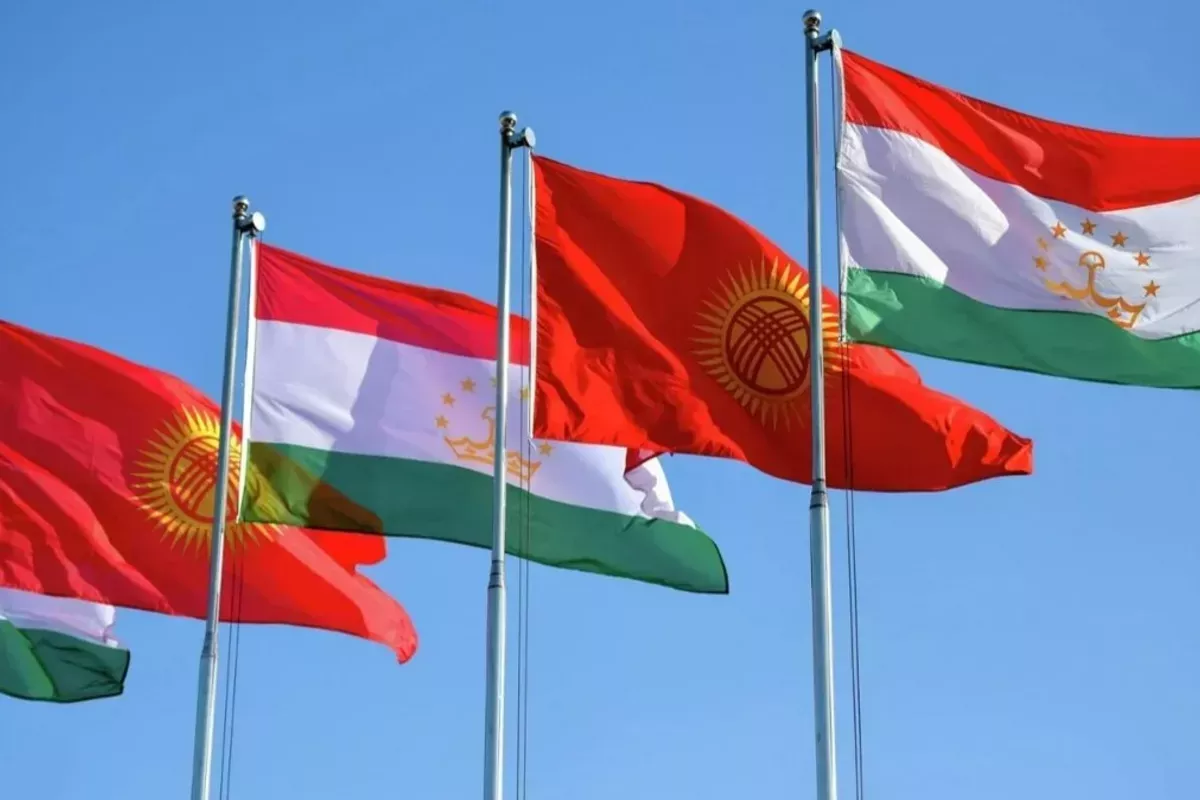
photo: Asia Plus
Kyrgyzstan has revealed major updates on its recent land and housing exchange with Tajikistan - a key step toward ending years of border disputes.
Speaking to residents in Chon-Alai district, Chairman of Kyrgyzstan’s State Committee for National Security Kamchybek Tashiyev outlined the scope of the exchange, calling it “approximately equal” and strategically balanced, The Caspian Post informs via Tajik media.
What each side received
Tashiyev said that Tajikistan transferred to Kyrgyzstan 198 homes, 84 vacant plots, 12 social facilities, and two border outposts in several areas of Isfara district, including Lakkon, Chorku, Somoniyon, Khojai Alo, and Orto-Boz.
In return, Kyrgyzstan handed over 181 homes, 133 vacant land plots, and 8 social facilities in Batken region - specifically in Karabak, Dostuk, Dobo, Ak-Tatyr, Tash-Tumshuk, Kok-Terek, and Teske.
Tashiyev stressed that no strategically important territory was given up: “We only exchanged areas that had lost relevance, were isolated, or too fragmented for a clear border line.”
Residents Relocated to New Village
Families from Dostuk, Dobo, Tash-Tumshuk, Kok-Terek, Mazeiit, and Teske have been resettled in a newly built village called Zhany Dostuk (New Dostuk) in Batken’s Chet-Bulak area.
A total of 181 new houses were constructed - each with an additional 10-acre plot.
The government allocated 300 million som in support, including 225.5 million for Batken region and 73.5 million for Leilek district. So far, 75 residents have received compensation of 1 million som each.
“Every family now has a house, land, and financial support. No one was left behind,” Tashiyev emphasized.
Construction of 76 additional houses in Leilek district is nearing completion, with all infrastructure - including roads and asphalt paving - expected to be finished by November 30.
Border Demarcation: Nearly Complete
Tashiyev also announced significant progress on border security. Engineering barriers have been installed along 114 kilometers of the state border in Batken and Leilek districts - potentially 120 kilometers as work continues nonstop.
All materials for the border structures, including barbed wire and metal components, are now produced domestically by inmates in Kyrgyz prisons, reducing reliance on imports.
Tashiyev said that the demarcation process is effectively finished.
“We now clearly know where the state border lies, who owns which land, and who is responsible for it. There will be no more disputes, confusion, or border clashes. Every section is documented on official maps,” he added.
Share on social media
